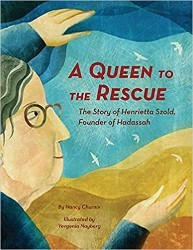With his memoir Little Failure, acclaimed novelist Gary Shteyngart brings the reader through his asthmatic childhood in St. Petersburg, Russia and across the ocean as his family immigrates to the United States. We watch little Gary, née Igor, fumble through integration into American life and grapple with simultaneous love, devotion, and hatred for his parents, whom he perceives to be eternally disappointed in him. Though Shteyngart continues to flounder at the Solomon Schechter School of Queens, the highly competitive Stuyvesant High School and then Oberlin College, he consistently returns to writing as his anchor, and through writing he ultimately escapes his “little failure” status.
Gary Shteyngart’s story never feels monumental, or even unusual — many before him have experienced the alienation of the immigrant experience and the challenges of coming-of-age. Loneliness, complicated by self-medication, complex family relationships, and lack of sense of self are common themes in literature and in life — but it is Shteyngart’s precise, hilarious, and imaginative writing style that makes Little Failure a worthwhile read. Through his well-crafted prose, the reader gains a nuanced understanding of his particular journey from a sickly but highly creative child to an underachieving, self-loathing, and unmoored young man, to the world-class author, Columbia professor, and somewhat self-actualized adult. Readers familiar with Shteyngart’s novels will find extra enjoyment in Little Failure as they discover the similarities between Igor/Gary’s own journey and those of his protagonists.




